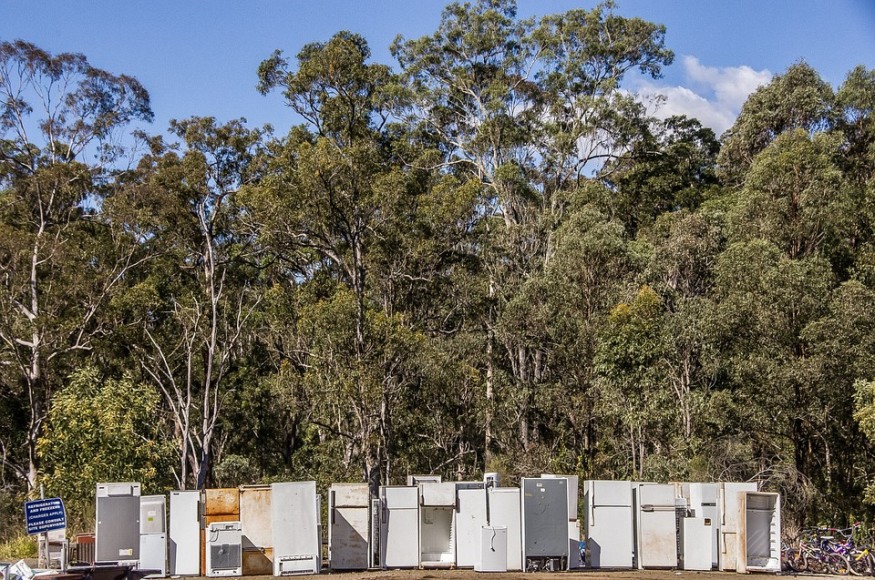
Climate change and its consequences have radically changed the way we view the world. We are all aware of how flimsy our products now are. The good old days of durable appliances and heavy-duty equipment and gadgets are but nostalgic memories of yesteryears.
Fortunately, new rules on how to resolve this issue are now being proposed. These could end our current "throwaway culture" where products are used only for a brief time before being discarded. The proposed regulations are to be applied to items like electronics, mobile phones, batteries, textiles, packaging, and construction. They hope to ensure that such products will be designed and produced better so that they will be made to last. In addition, the proposal includes a provision for these products to be repairable when they get broken.
This endeavor is part of an emerging movement worldwide called Right to Repair. It has spawned many repair workshops initiated by citizens in various cities in the UK. It focuses on large appliances, television, and lighting.
The plan came from the European Commission, but it will likely create similar standards in the UK because it is not good for businesses or manufacturers to produce low-grade products with only Britain as their market.
According to an environmental group, this is the most comprehensive and ambitious proposal currently put forward for reducing the environmental impact we impose on our world. The objective is to have environment-friendly products and make it the norm in manufacturing. An example by which this could be done is for manufacturers to use screws instead of glue to assemble products. The EU plans to provide an incentive to manufacturers in making products that last longer than the planned obsolescence prevalent in the industry today.
Premature or planned obsolescence is a syndrome wherein manufacturers produce goods that deliberately have a shorter lifespan, which forces consumers to buy more products and newer models regularly. The EEB or the European Environment Bureau states that this proposal is an opportunity that only comes once in this generation to transform manufacturing goals significantly in a way that helps us utilize our products in a more environment-friendly way and help the planet and our people heal.
Europe's politicians are urged to implement this proposal to help save the Earth. Besides, the EU is also aiming towards reducing food waste, eliminating over-packaging, and curbing microplastic pollution. Under the so-called Circular Economy Action Plan, there will be increased recyclable content in goods; reduced environmental impact of products; and scheme incentives where manufacturers maintain product ownership or retain responsibility for their products' performance during their entire lifetime.
It helps ensure that manufacturers create products that will not be prematurely broken because they have to pay for their replacement or repair. Previous regulations were only aimed at so-called "white goods" like washing machines and refrigerators. For this new proposal, the EEB wants to go further by imposing waste prevention targets on industries and businesses, to achieve an overall resource use reduction in all of Europe.
The new package is an improvement from the earlier proposed EU climate package. It noted that by the year 2050, humans would consume the number of resources equal to three planets; hence, the need for eliminating products that break too quickly and cannot be recycled, repaired, or reused.
The widespread planned obsolescence for "single-use only" products must come to an end. Citizens are now rejecting the throwaway culture we now have.
© 2026 NatureWorldNews.com All rights reserved. Do not reproduce without permission.





